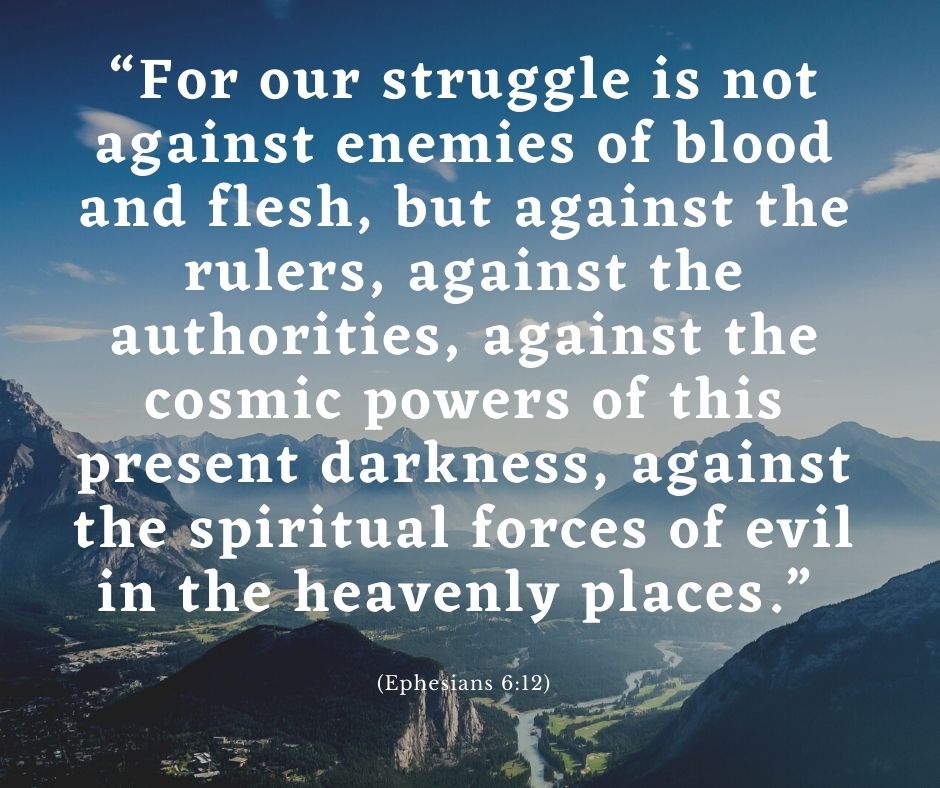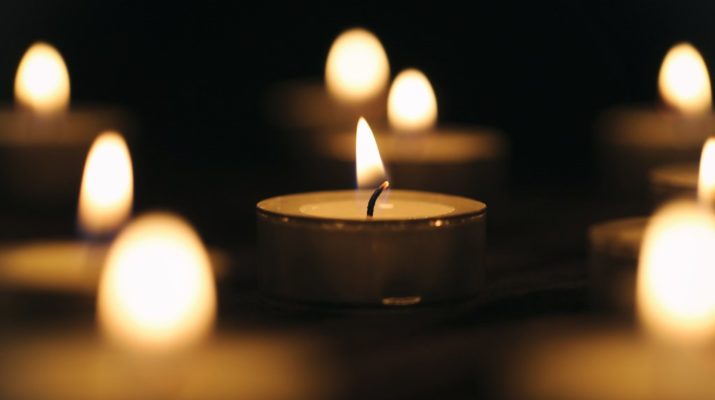As Christians in America, we hear talk of enemies all the time so it is important for us to ask ourselves, “who is my enemy?” More and more, we hear the language of war within our country. After all, having an enemy is a powerful tool for leaders. It gives the people someone or something to focus on, to hate, to fight against. It makes people feel like they belong and that what they are doing matters. This tool, though, is a sword without a handle that cuts into all who wield it.
In my mind’s eye, I like to think of America’s political parties as organizations that hold certain ideals and want to work together to make things better for everyone. I like to think of them as having contrasting visions for the future based on different, but not incompatible, sets of values. If the solutions offered by one group aren’t working or don’t address what is needed at the moment, it’s alright because we have another group with an organized alternative that we can choose from.
This is my fantasy, I know. In reality, everything is much more chaotic and not as benign as I hope. But what troubles me is how belief in political ideas is morphing into religious devotion. When you start to believe that people from the other party are pedophiles, human traffickers, murderers, baby eaters, terrorists, followers of the devil – what happens then?
It seems more and more are believing that their political arguments are part of spiritual warfare. When they argue with the other side, it is not left vs. right, but good vs. evil. Bad, bad, bad things happen when you see a group of people as the devil. As someone with Jewish heritage, I hear my ancestors’ cries continue to ring out from the grave after so many centuries of bloody scapegoating.

In his letter to the Ephesians, Paul tells us that, “our struggle is not against enemies of blood and flesh.” For clarity’s sake, I’m going to break down the Greek a little bit. This word, “struggle” literally means wrestling, but it can be used for any kind of fight or contest. Yes, we are struggling for good, but other people are not our enemy – other people are not our problem. When we stand against sin, when we resist evil, we are fighting metaphysical forces. In Greek “rulers” could be a king or judge, but it can also refer to reigning power beyond the people who claim it. The “authorities” are who or what claims jurisdiction or influence – the powers that push us morally in one direction or another. The “cosmic powers” are any force that urges us to live and work and stand apart from God.
The forces of evil, Paul says, are even in the heavenly places. This word for “evil” is not someone who is wicked to the core – evil by nature. It is not one who used to be righteous and falls from grace. Rather, this is the impact, the pain, the labor that we are all subject to because of the existence of evil in the world. Paul is not suggesting that parts of God’s holy realm are falling under demonic control. I think that Paul is pointing us to the holy places on earth – places where we expect to meet the Spirit, worship God, follow Christ in acts of service. The burden of evil weighs us down even in our churches, even in our spiritual lives, even in our most revered leaders.
We spend so much more time engaged in our political fears than we do in our Christian hopes. We spend so much time that our politics are becoming our gospel and our leaders are becoming our idols. There is no leader that we should follow without question – no human entitled to our unwavering devotion. That place should be filled with Christ alone.
Listen to your spiritual leaders carefully and remember that Jesus said, “you shall know them by their fruits” (Matthew 7:16). Know that God is God and all human power is passing away. With the limited time and influence that any of us have, let us lift our voices for goodness. As Christians, we should be leading with love, unity, hope, and justice. Is this what your leaders preach and teach or do they only point out the evil and fault in others? Do they have the same passion to condemn the evils of their own side?
Resist evil by looking at an opponent with unwavering love. Resist evil by seeing the evil in your own heart and joining others to root out that evil with equal passion. The word “enemy” is not actually found in the original Greek – it is merely added to the translation for clarity’s sake.
As the temperature rises, we must all ask ourselves, where have we been inserting “enemies” when there are simply people of flesh and blood?
Image Credit: “Christmas Candles” by Markus Grossalber, 2013.




